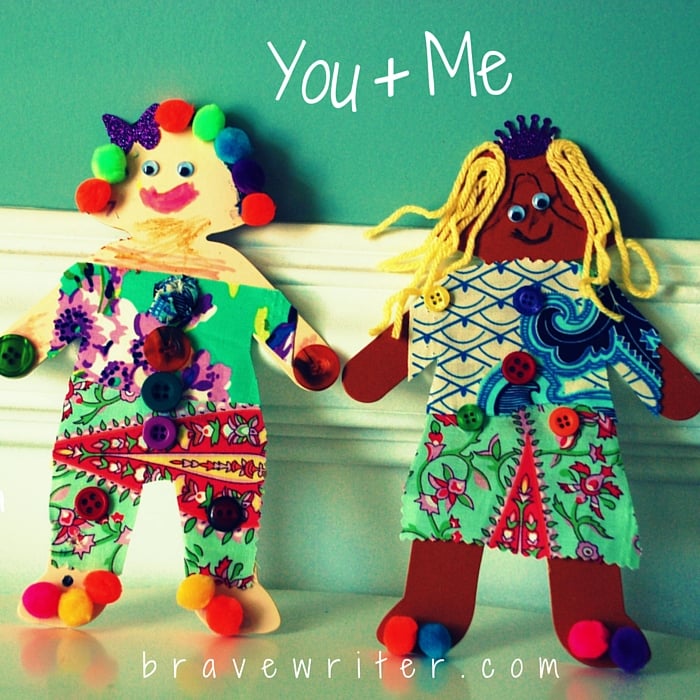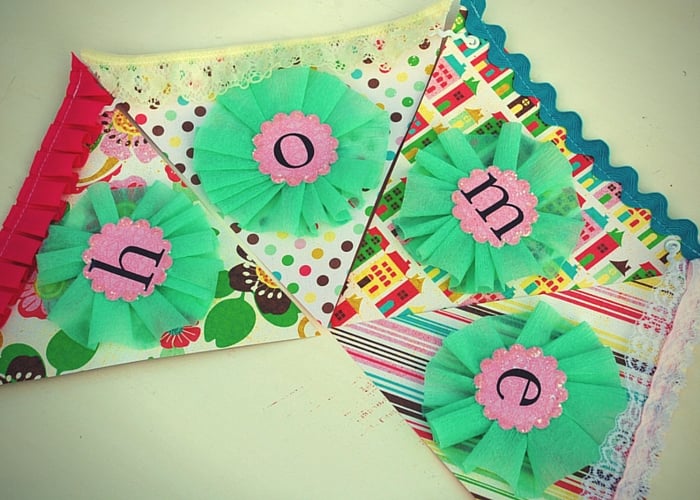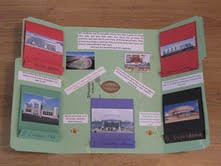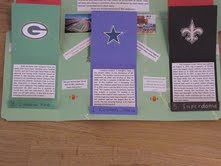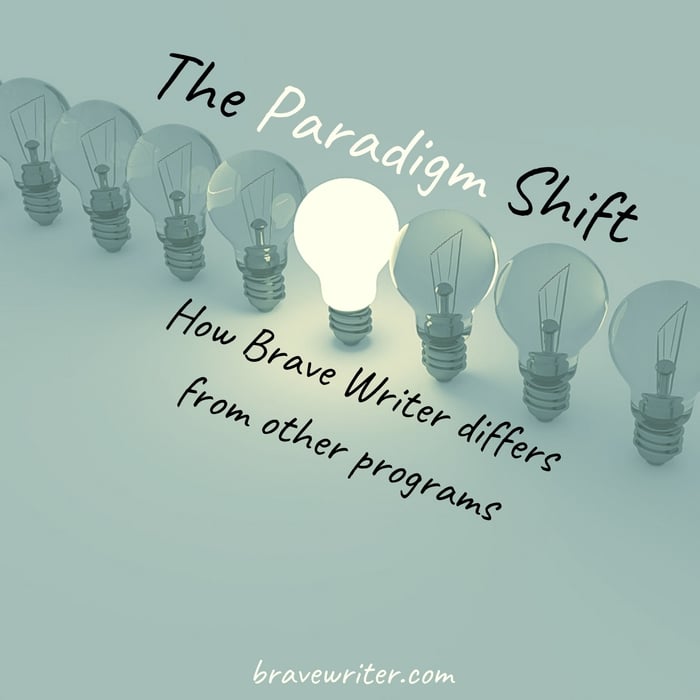
I got an email from Hayley, who lives in Australia. She brought up so many good points, I wanted to share my answers to her questions here for others who have similar concerns. We had been in dialog over the last few days so this is my final email to her.
Hi Hayley. Comments within.
Thanks for this Julie. Will Brave Writer teach him the mechanics of writing, will he understand the formula. Does Brave Writer teach predicates, topics, starts, middle, ends to a piece of writing? What I mean by this is, there seems to be a strong emphasis (in all writing programs I have looked at) on learning the procedure of writing a successful piece of work. Will Brave Writer teach this or teach me to teach it?
Brave Writer will teach those things, eventually. Brave Writer is about a paradigm shift in how you understand the writing process. Those other programs are following the same tired ideas about writing instruction that have produced decades of flat, lacking-in-confidence, mediocre writers. I know because I talk to adults all the time and the vast majority feel nervous about writing, don’t think they’re good at it, and typically make comments like “I don’t know how to write” despite all the years of having formats pounded into them.
Professional writing instructions starts with a person – not a format. That’s why we are Brave Writer; not Brave Writing. The focus of our instruction begins with the idea that people have interesting thoughts and that these deserve written expression to be shared with an interested audience. We work with helping kids access language from within, helping them to feel safe enough to take writing risks. We (you the parent, and our instructors) support them at each stage of development with corresponding help/assistance.
Over time, formats can be introduced and kids with a strong sense of writing voice will learn them easily.
We do teach mechanics of writing through copywork and dictation and have tools to do that so that while the child is learning how to create original writing without a lot of structural pressure, he/she is also learning how to transcribe accurately and also internalizing quality writing with literary style.
These skills then flow into the child’s own writing as the two come together around ages 13-15.
Like I mentioned, I have looked at the website many times and I don’t fully understand how the ‘lifestyle’ works. I would also want my son to be able to transition out of Brave Writer and into another program for example without having to start from the lowest level again, if we felt the need to. I am having difficulty trying to articulate what I want at the moment (have a flu). Am I making any sense?
I love that Brave Writer will capture my son’s imagination and ideas, but I would also like to know I am training him from this early age to write with a correct ‘procedure’.
But that’s not effective. Think back to speech. Did you worry at ages 4-5 that he wasn’t speaking according to formats in oral language? Perfect grammar? Able to give an oral presentation or speech or deliver a business lecture? When a child learns to speak, we support and encourage all spoken words, even the ones that aren’t quite right. We intuitively know that we don’t expect perfect etiquette at 2-3 or before fluency kicks in. We don’t teach a child how to “answer the phone” before that child is capable of talking and interacting naturally in person.
Likewise, if you begin with formats and “procedure,” you stunt the child’s ability to use his or her natural vocabulary, insight, gathered facts, quirky personality, and all that is available to the child to convey. Instead, the child dumbs down his or her vocabulary to suit the puzzle of the writing assignment and loses touch with what he or she wants to say. Perhaps, in some cases, the natural structure of the ideas is also over-written by the canned ideas of the particular curricula as well.
Like you say most other programs concentrate heavily on the formulaic component, however for me, I would like to concentrate on getting him to put words on paper and feeling confident to do so, but at the same time be gently teaching him the correct formula.
I hear many good reviews about Brave Writer, but I also hear about parents purchasing the text, reading it, liking it, but then not really knowing how to put it into practice. From what I understand, an issue is that it is too ‘unstructured’?
The difficulty with Brave Writer is that it is not a schedule, but a process. That process can be applied to any writing a child does. I do give ideas in the appendix for what kinds of writing a child might do at each level. Honestly, you can google how to write a descriptive paragraph, if you are looking for specific guidance on structure. What is missing is the process. How do you coax out the rich insight and vocabulary of your child to get a quality descriptive paragraph, not just a formulaic response to a wooden question?
It takes time and trust (courage) to put into practice, and I offer to help throughout. Anyone who emails me gets a response (like this one!). So there’s no reason to get stuck, if you’re worried about that.
Sorry if I am rambling and this email is all over the place. Thanks for listening.
You’re welcome. The last thing you might like knowing is that our next set of products do give specific writing projects to go with the developmental levels. These would be done at the pace of one per month and are meant to be a way to use the writing process with an intended goal at the end. The reason I resisted writing them for nearly 13 years is that I worry that moms will not make the paradigm shift first—really grasping how important it is for kids to have full access to their original writing voices first.
Hope that helps! Feel free to share it with others who may have similar questions where ever it is you post.
Please do share this information in your homeschooling communities. A paradigm shift takes time. Realizing that writing is not so different from learning to speak, from weaning a child from breastfeeding to food to table manners, from early dependency on you, the parent, to independent living as a young adult is the beginning. Then Brave Writer helps you get there with support to silence the ghost of public school past that sits on your left shoulder.

